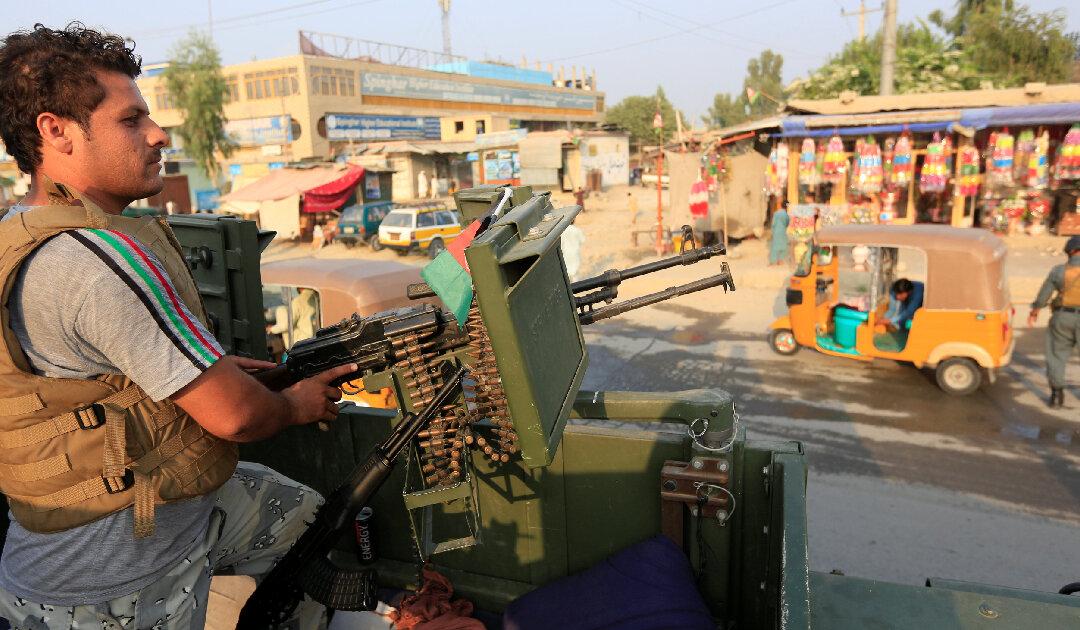KABUL, Afghanistan—Officials in Afghanistan deployed more than 100,000 troops and police on Sept. 26 to guard polling stations for a presidential election that the Taliban has threatened to disrupt with suicide bombings and rocket attacks.
Every election in the past decade has been marred by violence in Afghanistan, where Taliban Islamic terrorists are fighting U.S.-backed government forces and demand the withdrawal of foreign troops from the country.





